Palette Plumbing is Now Part of the Peach Family!
How to Choose the Right Water Heater for Your Home
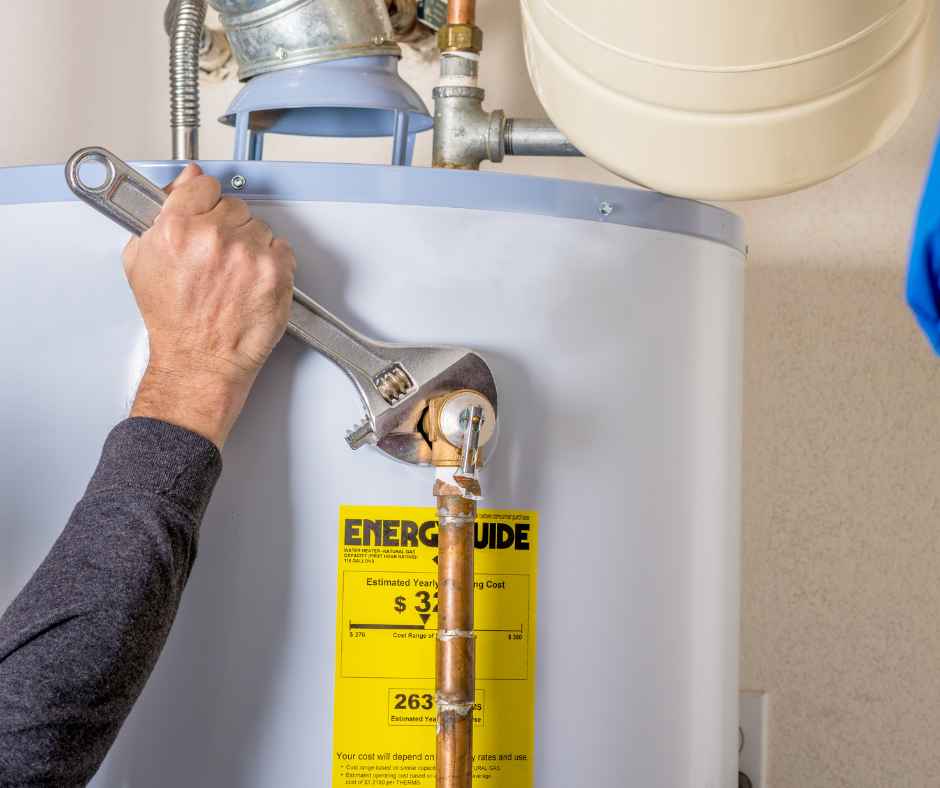
Choosing a water heater may not be the most glamorous home upgrade, but it’s one of the most important. The right water heater keeps showers warm, dishes clean, and energy bills manageable. With so many types and features available, from tankless to traditional to high-efficiency models, it can feel overwhelming to decide. You want something reliable, efficient, and sized right for your household—but where do you begin? The good news is that understanding your home’s needs can help you make a smart, long-lasting investment.
In this blog, we’ll walk you through the key types of water heaters, how to compare their pros and cons, and what to consider before making your decision.
Types of Water Heaters and How They Work
Before you can pick the best water heater for your home, it helps to understand the major types available. Each one works a bit differently and comes with its own advantages, which can impact everything from your monthly energy use to your hot water supply.
Traditional Tank Water Heaters
These are the most common water heaters found in U.S. homes. They store and heat a specific volume of water—usually 30 to 80 gallons—in an insulated tank. Once the water reaches the set temperature, it’s ready for use until the tank runs out and needs to reheat.
Traditional tank units are relatively affordable upfront and easy to install. However, they can use more energy since they constantly work to keep the stored water hot, even when it’s not being used (a process known as standby heat loss).
Tankless Water Heaters
Also called on-demand water heaters, tankless units heat water only when you need it. Instead of storing hot water, they use a high-powered heat exchanger to warm water instantly as it flows through the unit.
Tankless systems are energy-efficient and compact, making them ideal for smaller spaces or households that want lower utility bills. That said, they can struggle to meet high demand if multiple fixtures are running hot water at once—unless you install more than one unit.
Heat Pump Water Heaters
Also known as hybrid models, these water heaters use electricity to move heat from the surrounding air into the water tank, rather than generating heat directly. Because of this efficient transfer process, they can use significantly less energy than conventional electric heaters.
However, heat pump systems are best suited for warmer climates or indoor spaces like basements, where they have access to ambient heat and space for ventilation.
Solar Water Heaters
For homeowners looking to go green, solar water heaters use energy from the sun to heat water through roof-mounted panels. These systems reduce reliance on grid electricity and lower long-term energy costs, though they do come with a higher upfront investment and typically need a backup heating source for cloudy days or high-demand use.
What to Consider When Choosing a Water Heater
A new water heater isn’t just about picking the latest model or the most energy-efficient label—it needs to work for your household’s size, water usage, and energy goals. Before making a purchase, take time to evaluate these core factors:
Household Size and Hot Water Demand
Start by thinking about how many people live in your home and when hot water is typically used. A family of four with staggered showers and a high-efficiency dishwasher will need a very different setup than a single homeowner with light usage.
Tank water heaters are often chosen based on gallon capacity, while tankless units are rated by flow rate (gallons per minute). Make sure your system can keep up with the busiest times of day.
Energy Efficiency and Utility Costs
Water heaters account for roughly 18% of the average home’s energy use. Look for models with high Energy Factor (EF) or Uniform Energy Factor (UEF) ratings—these indicate better performance and cost savings over time. While tankless and hybrid models typically offer greater efficiency, some newer tank-style heaters now include features like smart controls and better insulation to help reduce energy consumption.
Fuel Type and Availability
Your home may already be set up for electric, natural gas, propane, or even solar connections. Choose a heater that aligns with your existing infrastructure unless you’re planning an upgrade. Each fuel type comes with its own operating costs, so be sure to compare long-term pricing and efficiency.
Installation Space and Location
Do you have a utility closet, a garage, or a tight crawlspace? Different water heaters require different amounts of room and ventilation. Tankless models are compact and wall-mounted, while heat pumps need airflow. Measure your space and account for local building codes before choosing.
Initial Cost vs. Long-Term Savings
Budget matters, but don’t just look at the sticker price. Higher-efficiency units often cost more upfront but pay off through lower energy bills and potential rebates. Consider lifespan as well—tankless systems often last longer than traditional tanks with proper maintenance.
Maintenance Tips to Extend the Life of Your Water Heater
No matter which type of water heater you choose, regular maintenance plays a huge role in how long it lasts and how well it performs. Staying on top of simple tasks can help prevent breakdowns, save energy, and protect your investment for years to come.
Flush the Tank Annually
For traditional tank water heaters, sediment can build up at the bottom of the tank, especially in homes with hard water. This buildup reduces heating efficiency and can eventually damage the tank lining. Flushing the tank once a year helps remove this sediment and keeps the system running smoothly.
Check the Anode Rod
The anode rod attracts corrosive elements in the water to help prevent rust from forming inside the tank. Over time, this rod deteriorates. Checking it every 2–3 years (or as recommended by the manufacturer) and replacing it when needed can extend your heater’s life significantly.
Inspect for Leaks or Corrosion
Make it a habit to check around your water heater for moisture, corrosion, or unusual puddles. Small leaks or rust spots can quickly turn into major issues if ignored. Catching problems early can prevent expensive repairs or replacements later on.
Test the Pressure Relief Valve
The pressure relief valve helps your water heater release excess pressure and prevent dangerous buildup. Once a year, lift the valve lever to make sure water flows freely out the discharge pipe. If not, the valve may need to be replaced.
Schedule Routine Professional Maintenance
Even if you’re handy, a licensed plumber should inspect your water heater once a year. They’ll look for deeper issues like gas leaks, electrical faults, or worn-out components that you might miss. Routine service also helps maintain warranty compliance for many models.
Wrap-Up: Choosing the Best Water Heater for Comfort and Efficiency
Choosing the right water heater for your home is about more than hot showers—it’s about comfort, cost savings, and long-term peace of mind. Whether you opt for a traditional tank, a sleek tankless unit, or a high-efficiency hybrid, your decision should be based on how you live, how much water you use, and what kind of energy goals you have for your home.
It’s also important to think about maintenance from day one. A well-maintained water heater—regardless of the type—can last years longer and perform better than a neglected one. Keeping up with regular inspections, flushes, and service calls can help avoid unexpected breakdowns and ensure your water stays reliably hot.
Still unsure which system is best for your home? Reach out to a trusted local plumbing expert to explore your options and get a personalized recommendation. When you’re ready for expert advice or installation, contact Peach Plumbing & Drain—we’re here to help you enjoy dependable hot water every day.
Recent News
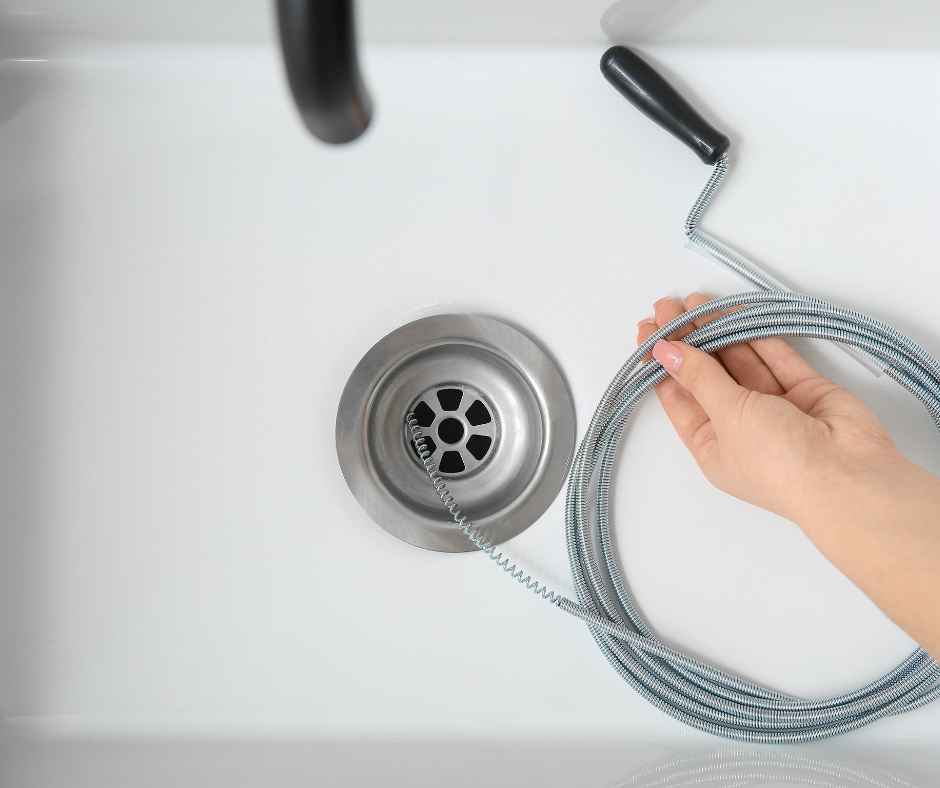
Why Professional Drain Cleaning Is Critical Before Holiday Gatherings
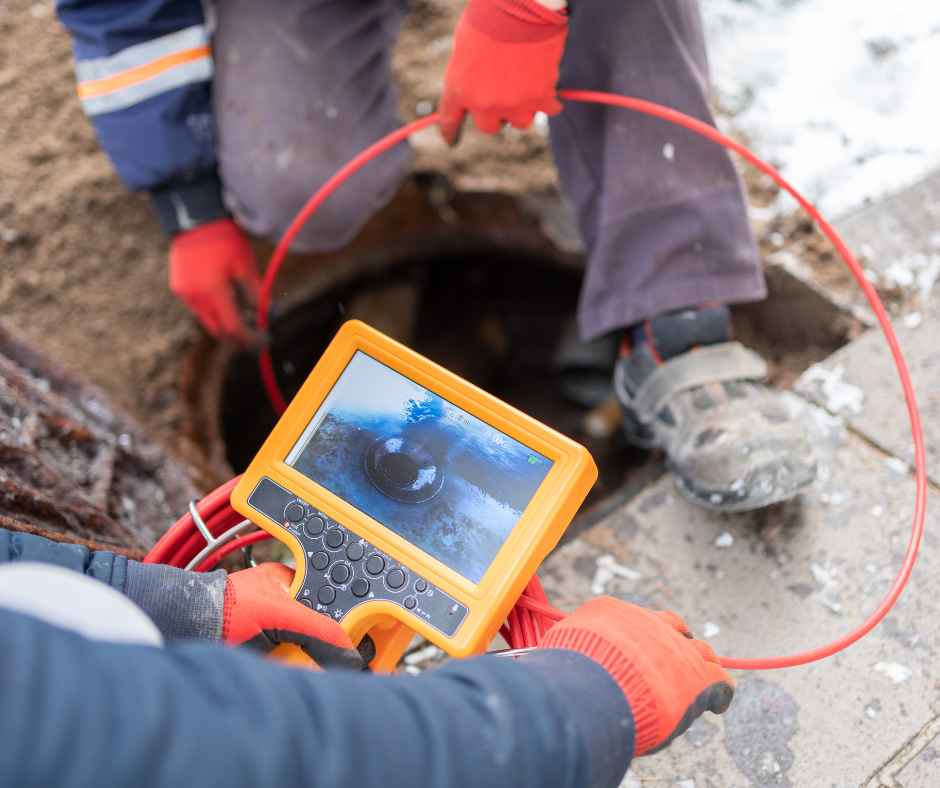
How Sewer Line Problems Disrupt Atlanta Homes in Winter
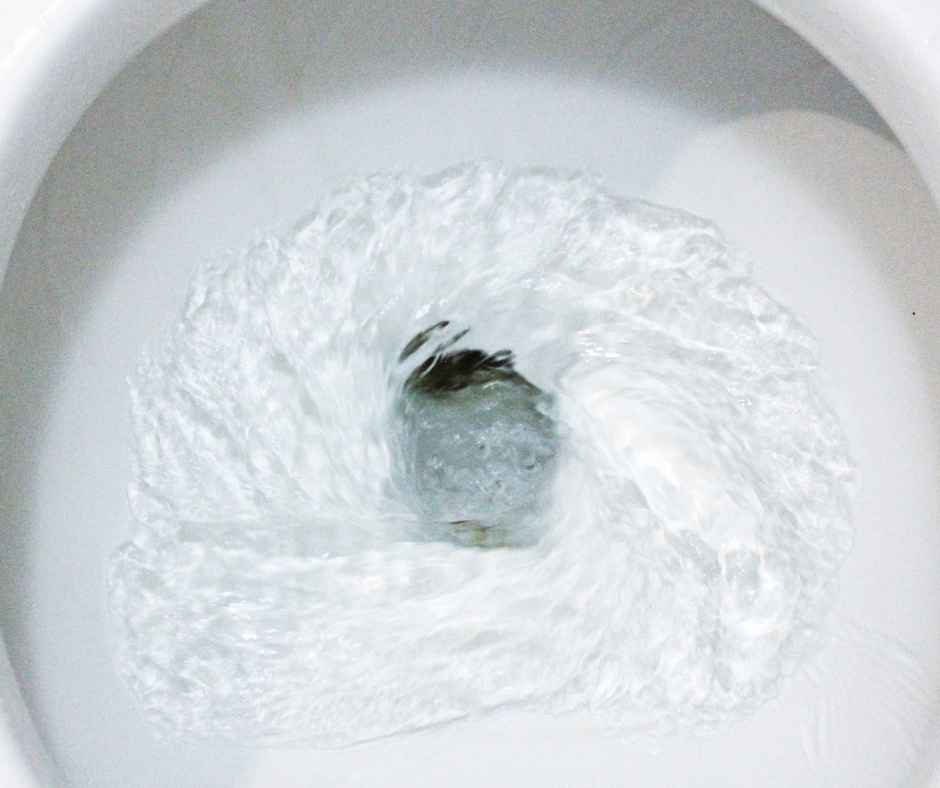
Water-Saving Plumbing Upgrades That Actually Pay Off
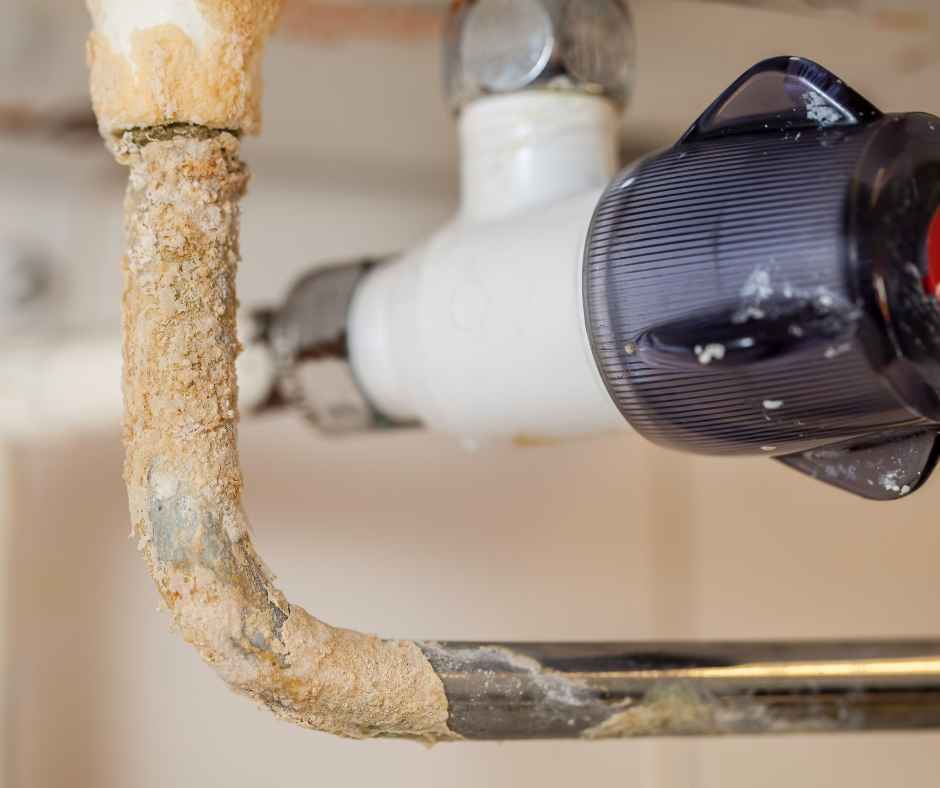
Hard Water in Atlanta: Is It Ruining Your Plumbing?
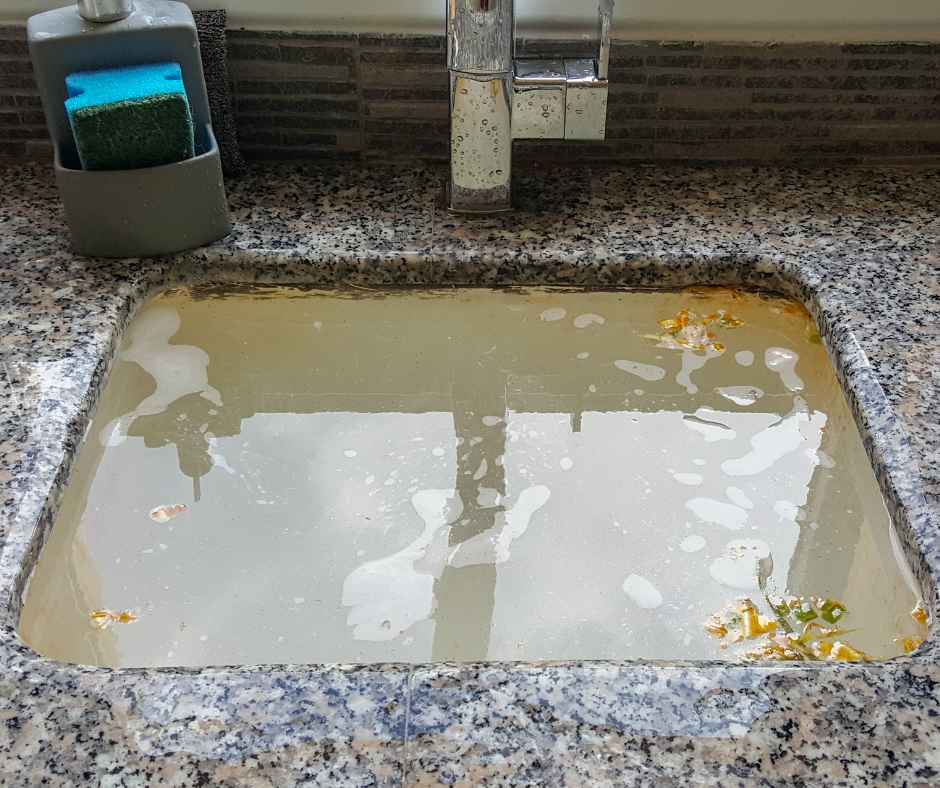
Signs of a Clogged Drain and How to Fix It
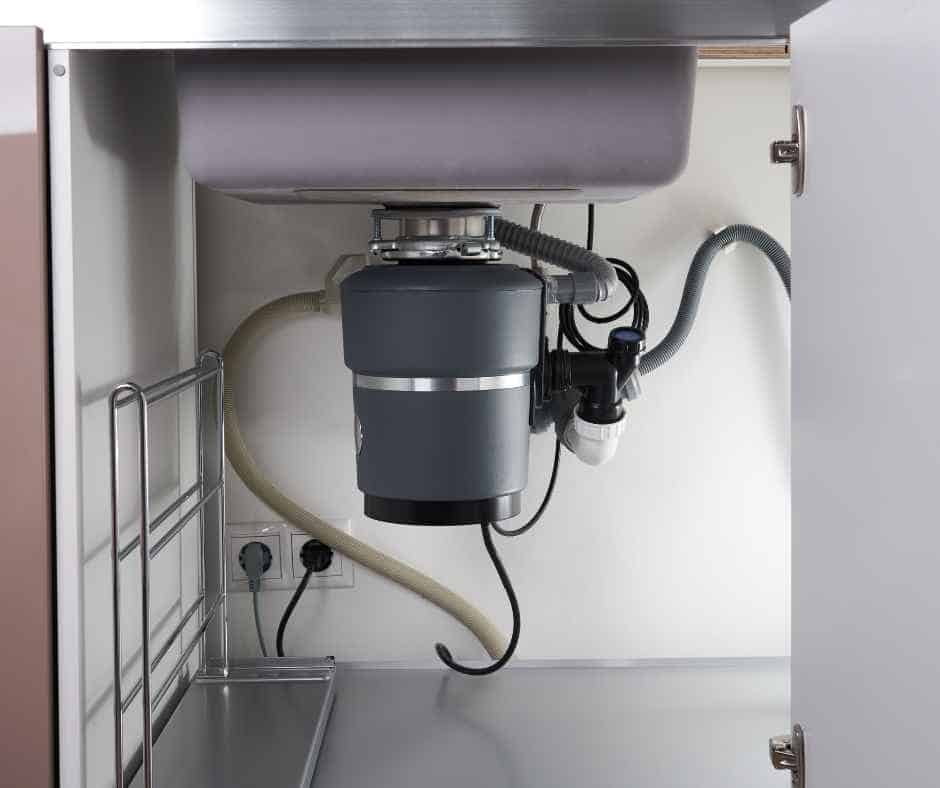
Why Is My Garbage Disposal Making a Humming Noise?
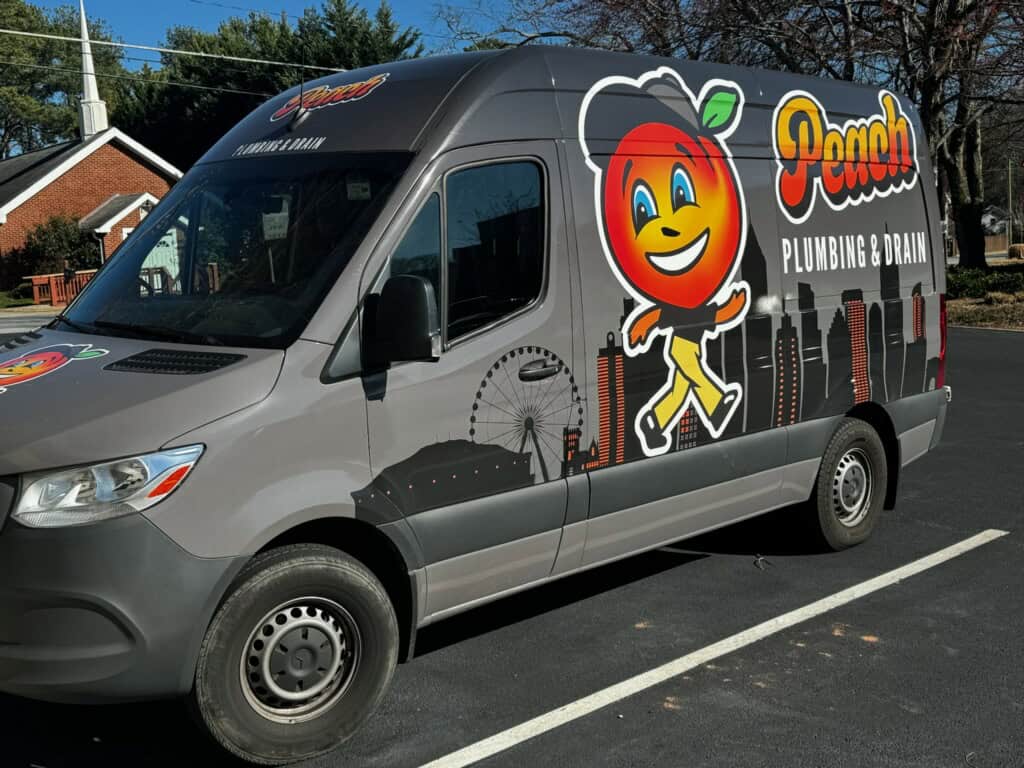
Peach Plumbing & Drain Merges With Palette Plumbing
Get in Touch
